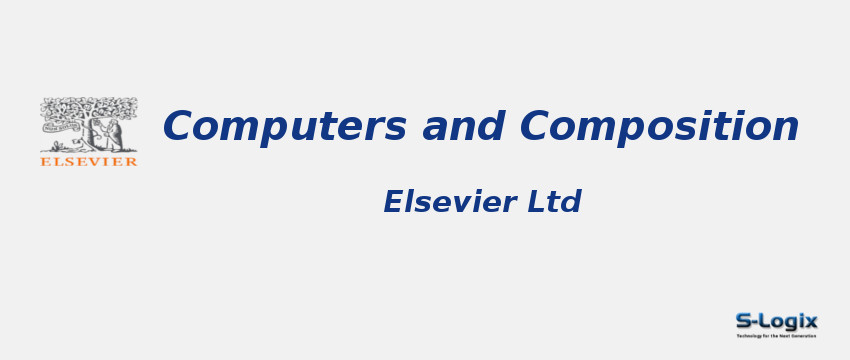Journal Home: Journal Homepage
Editor-in-Chief: Dr. Kristine Blair Ph.D.
Print ISSN: 8755-4615
Electronic ISSN:
Abstracting and Indexing: Scopus
Imapct Factor :
Subject Area and Category: Arts and Humanities, Language and Linguistics, Computer Science, Computer Science (miscellaneous), Social Sciences, Education, Linguistics and Language
Publication Frequency:
H Index: 46
Q1: Education
Q2:
Q3:
Q4:
Cite Score: 3.3
SNIP: 0.890
Journal Rank(SJR): 0.420
Latest Articles: Latest Articles in Computers and Composition
Guidelines for Authors: Computers and Composition Author Guidelines
Paper Submissions: Paper Submissions in Computers and Composition
Publisher: Elsevier Ltd.
Country: United Kingdom
